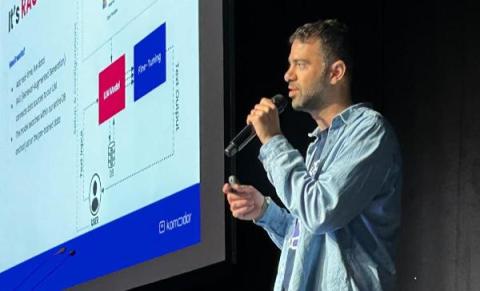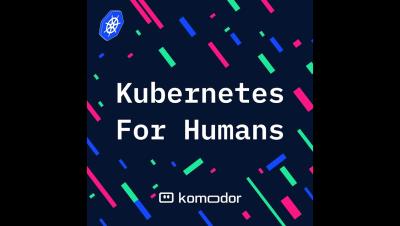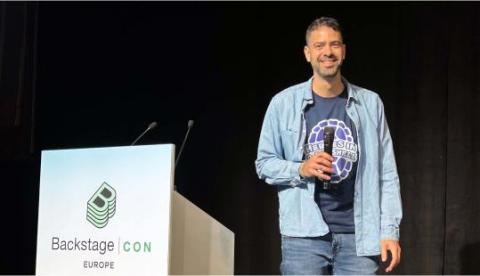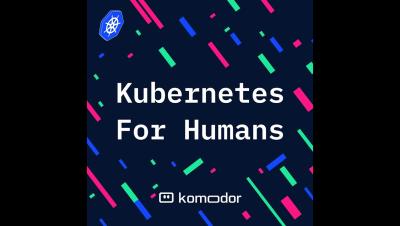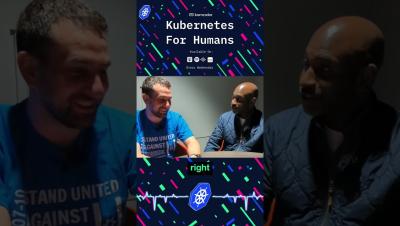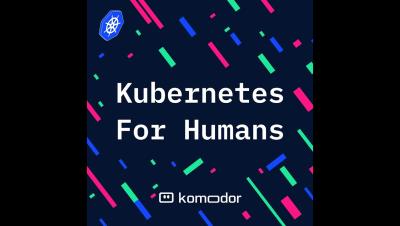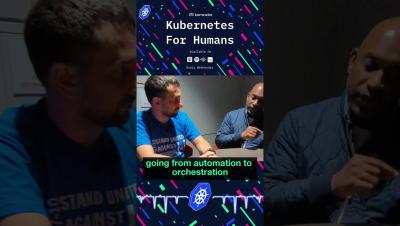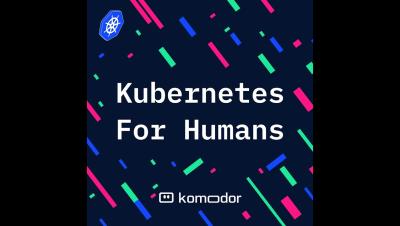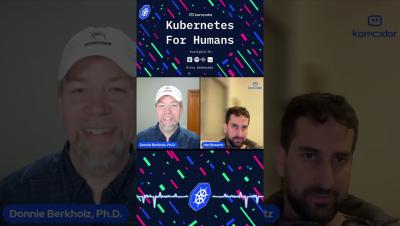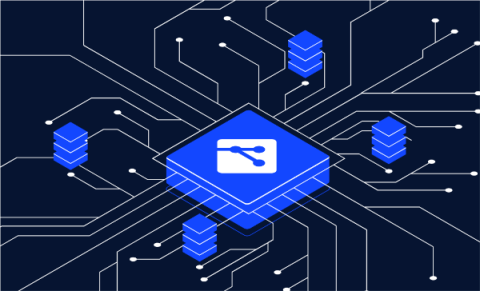Do We Still Need to "Observe"? The Future of AI & O11y
AI has had a massive impact on every part of our lives, but mainly on how we consume large data sets easily. The observability world is based on collecting enormous amounts of data and consuming it by observing dashboards built on monitoring tools. Most of the o11y tasks like writing complex queries, creating dashboards & defining alerts, have been done much in the same way for the last decade & AI models are well-positioned to disrupt this modus operandi.


